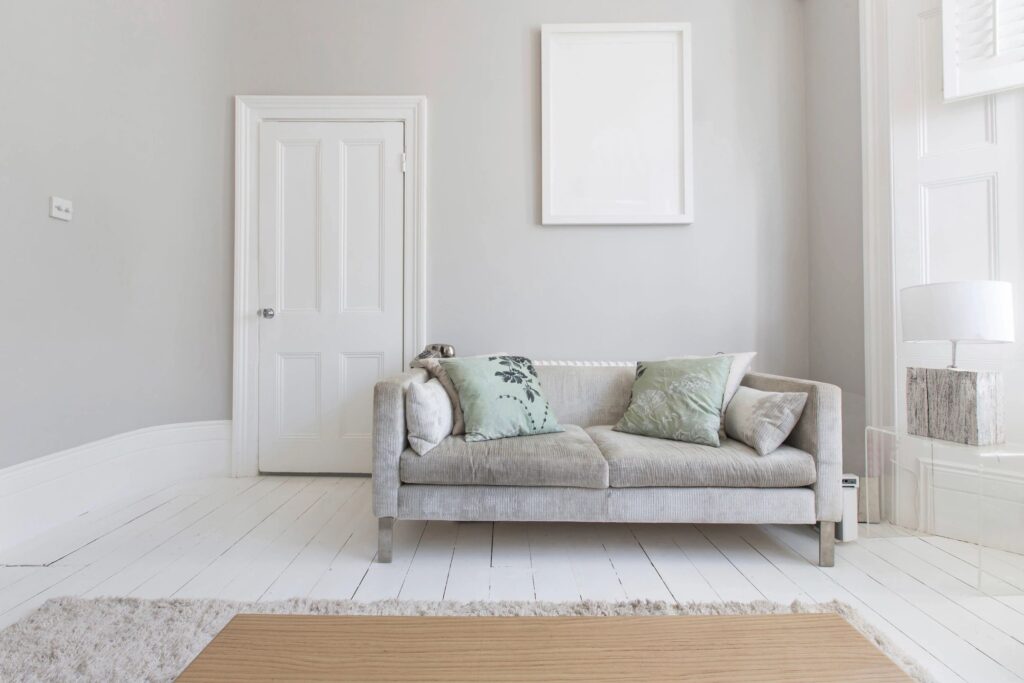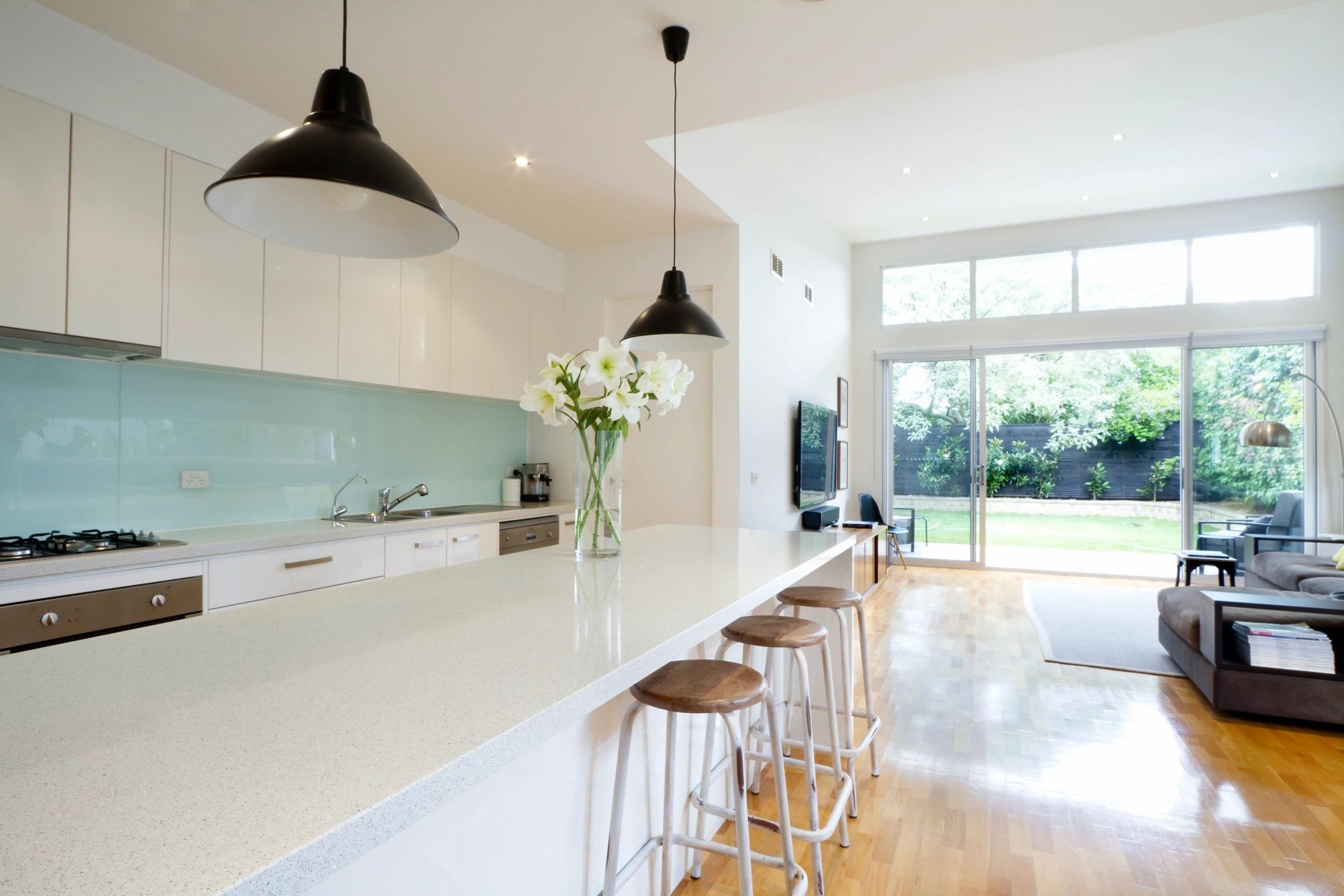Homes are your sanctuary, and it’s essential that you keep them safe and healthy. A healthy home is not just a place that looks good but a place that’s free from hazards and has clean, fresh air to breathe.
However, creating a healthy home can be challenging at times, but not impossible. You can make it with a little bit of planning and care. For instance, regular cleaning, installing smoke and carbon monoxide detectors, etc., can help you achieve your desired space.

Apart from this, you can do several other things to keep your home safe and healthy. And in this comprehensive guide, we’ll take you through those simple and effective ways that work for you. So, let’s dive in!
Maintain a Clean and Hygienic Environment
Maintaining a clean and hygienic environment is essential to promote health and safety in your home. Regular cleaning and disinfecting can help reduce the spread of germs and bacteria and lower the risk of illness. Additionally, keeping your home free of clutter can also help and prevent accidents and injuries.
You can consider these tips for maintaining a clean and hygienic living environment:
- Develop a regular cleaning schedule that includes— sweeping, mopping, dusting, and disinfecting surfaces.
- Declutter your home regularly.
- Use natural cleaning products or those labeled as “green.”
- Regular grooming and bathing of your pets can keep your living space cleaner and healthier.
- Control moisture levels as mold and mildew grow in damp areas. Thus, use dehumidifiers, air purifiers, and ventilation to control the moisture levels in your living space.
Practice Pest Control
Pest infestations can pose health risks and compromise the safety of your home. Also, these pests, such as rodents, termites, and spiders, spread diseases and cause damage to your property. Thus it’s crucial to address pest infestations promptly. If you notice any signs of a pest infestation in your home, look for “pest control near me” on the internet to find a reputable service provider. But make sure you choose a company that employs the world’s top entomologists and pest specialists with proven results. Such companies will have cutting-edge pest control technologies to stop further infestation.
Furthermore, employing below preventative measures can prolong the effects of pest treatment, thus reducing the infestation of pests.
- Keep your home clean and free of clutter.
- Store food in airtight containers.
- Seal any cracks or holes in your walls, floors, and ceilings.
- Use screens on windows and doors to keep insects out.
- Regularly inspect and maintain your plumbing and HVAC systems.
- Dispose of garbage properly and regularly.
- Use natural pest repellents such as essential oils and herbs.
Ensure Proper Ventilation
Proper ventilation is crucial to maintaining a safe and healthy home. Without adequate airflow, indoor air can become stagnant, accumulating harmful pollutants and allergens. Proper ventilation helps to remove these toxic pollutants and lowers the risk of health problems like respiratory issues and allergies. In addition, adequate ventilation can help regulate temperature and humidity levels, making your home energy-efficient.
You can consider these tips for ensuring proper ventilation.
- Open windows and doors to increase natural air circulation.
- Use exhaust fans in bathrooms and kitchen areas to remove extra moisture and prevent the growth of mold and mildew.
- Install carbon monoxide detectors to monitor air quality.
- Maintain your HVAC system.In includes changing air filters regularly and scheduling annual maintenance with a licensed professional.
- Use indoor plants to improve air quality as they can remove pollutants and increase oxygen levels. Make sure to choose plants that are suitable for indoor conditions.
Ensure Home Safety
Home safety is essential, especially if you want to avoid accidents and injuries. A safe home reduces the risk of falls, fires, poisoning, and other hazards that can harm family members. It also provides a sense of security and peace of mind, allowing for a comfortable and stress-free living environment.
Use the following guidelines to make your home healthier and safer.
- Install smoke detectors.
- Keep emergency numbers and first aid kits easily accessible.
- Keep flammable materials away from heat sources.
- Secure home doors and windows with sturdy locks and deadbolts.
- Keep hazardous materials and sharp objects out of reach of children.
- Practice fire safety, such as avoiding overloading electrical outlets and unplugging appliances when not in use.
- Test all electrical appliances and equipment regularly.
The Bottom Line
Keeping your home safe and healthy requires a multifaceted approach that includes many factors, a few mentioned above. Following these ways and implementing healthy habits can protect your home and promote a healthy and comfortable living environment. Remember, a little effort and attention can go a long way in keeping your home safe and healthy.


